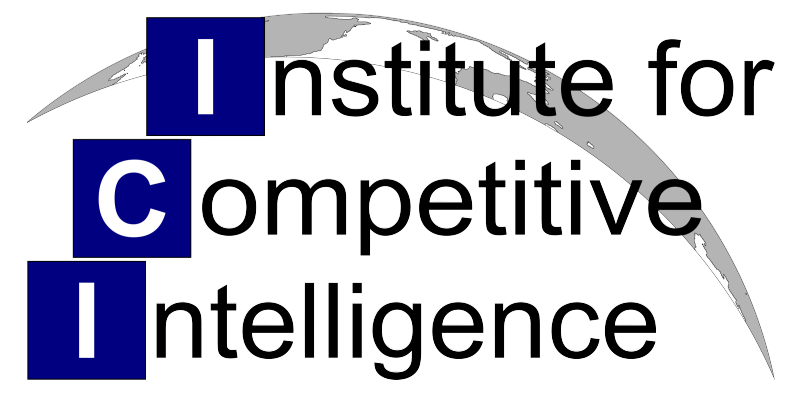Webcast: Strategic Foresight - Future robust decisions with scenario management

In this webcast, Alexander Fink will explain why scenario managment can help to find future robust decisions.
A climber needs to incoorporate many different scenarios when planning the ascend of a mountain to reduce risks and succeed. The same is true for companies to be successful in their competitive environment. Corporate, industry, market, and global scenarios describe possible future developments. These developments can be incorporated into strategic planning.
How do futurologists create future scenarios? European and U.S. approaches differ fundamentally. Alexander Fink will give an overview on the first.
Key topics
- Introduction into “scenario thinking” and basics of scenario management
- Who, where when to use it
- Examples

Dr. Alexander Fink is founder and member of the Executive Board of ScMI Scenario Management International AG, Paderborn. He studied Industrial Engineering and Management at the University of Paderborn and received his doctor’s degree at the Heinz Nixdorf Institute. He is the author or co-author of several German books, among them “Scenario-Management – From strategic foresight to future-robust decisions” (Campus, 2016) and “Handbook Future Management” (2nd edition Campus, 2011). Additionally he writes for numerous German and international journals. In 1998 he received the “Prize for Outstanding Paper” in "Technological Forecasting and Social Change”. In 2013 he was awarded with the “Prize of German market research” for selected scenario developments. Alexander Fink has a long experience in strategic consulting of industrial and service companies as well as public organizations. His main emphases are scenario planning, visionary strategy development and the integration of early warning and scenarios in the management and planning process. He is a popular speaker on national and international events and conferences dealing with future and strategic matters.


